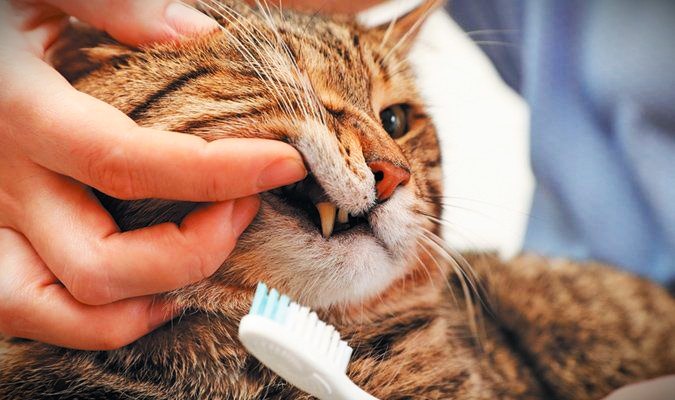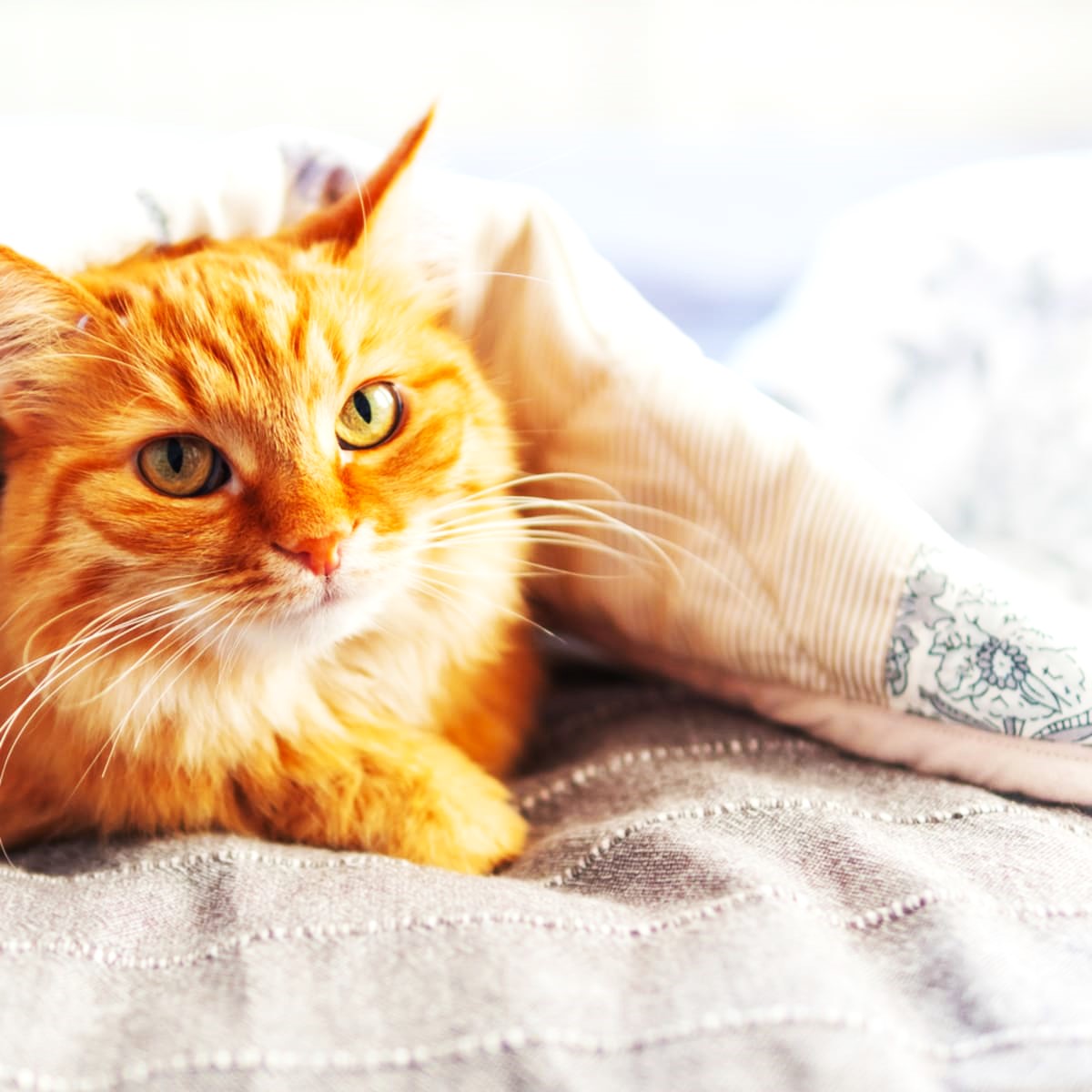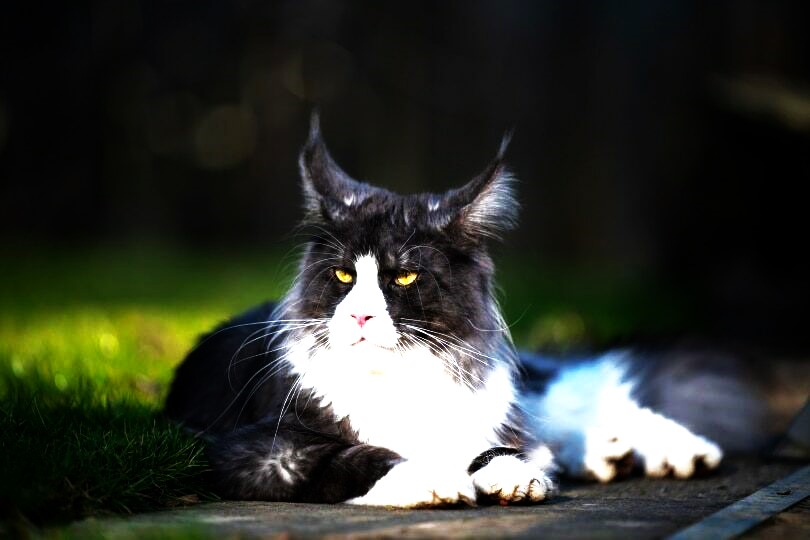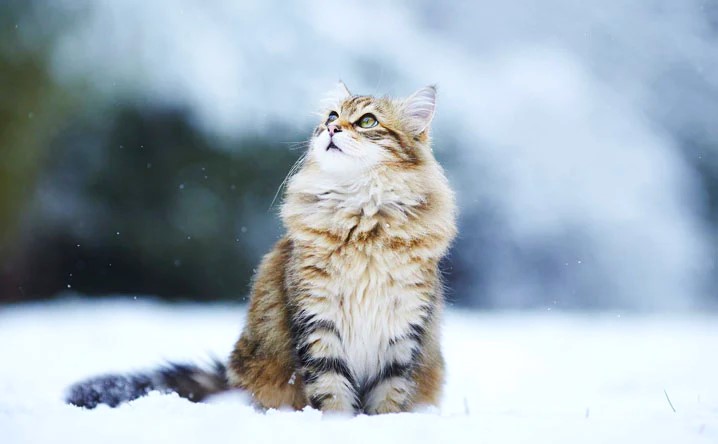Similar to humans, cats also require dental care, but most people don’t consider brushing their cat’s teeth in the same way that they do their own. Toys and food that require chewing offer some dental care, but frequently not enough to stop dental problems from arising. Brushing your cat’s teeth properly can help avoid these problems and needless discomfort.
Do Cats Have Too Many Teeth?
26 baby teeth will erupt from a kitten’s mouth when its 30 adult teeth erupt. These thirty teeth, which include ten premolars, four molars, twelve incisors, and four canines, are typically in place by the time a child is six months old. Since they are in the front of the mouth, the canine and incisor teeth may be the most visible, but the premolars and molars are the most vital teeth because they are the ones that are used for chewing.
Items Required to Clean Your Cat’s Teeth
It will be simpler to brush your cat’s teeth if you prepare ahead of time. While some cats seem to enjoy having their teeth brushed, others will need more of your time or assistance staying still.
- Finger Toothbrush: You can brush your cat’s teeth with a finger toothbrush, a dry Q-tip, or anything else. Because cats’ mouths are small and their teeth are tiny, a full-sized toothbrush is typically too big for them to use effectively.
- Pet toothpaste: Toothpaste intended for human use typically contains flavors that are not appetizing to cats’ taste buds in addition to ingredients that may be toxic to cats. If your cat enjoys the flavor, cat toothpaste can not only be safe for them to ingest, but it can also make the process more fun.
- Treats: If your cat isn’t used to or doesn’t enjoy having its teeth brushed, tasty treats like cheese, tuna, canned cat food, shrimp, or other stinky options make excellent rewards.
- Calming Assistance: Many cats experience fear, stress, and anxiety when it comes time for their teeth to be brushed. These feelings can be reduced with the use of calming supplements, anxiety-reducing drugs, sedatives, or calming pheromones. The struggle that many people encounter when trying to restrain their cat can be avoided with these additions to your tooth brushing routine.
- Towel: You can wrap your cat in a towel or blanket so it can brush its teeth. In addition to providing a sense of security and calm, the cat burrito wrapping technique prevents paws from batting the toothbrush away.
How to Brush the Teeth of Your Cat
You can truly clean your cat’s teeth once you have all the supplies required to brush them. If your cat is a little wiggly, a friend might be helpful, but if it is struggling and crying, you should give up trying to restrain it. It will then be necessary to use supplements or medications to calm it. Even if your cat isn’t having any trouble, covering it with a towel can help to prevent accidents and serve as an extra layer of comfort. It is no longer advised to restrain a cat by brushing them because this actually makes them more stressed.
When your cat is ready, give it some treats and then, while you gently hold its head still, brush its teeth by swiping the toothbrush with toothpaste under the gum line. After giving your cat a few swipes with the toothbrush, give them more treats and carry on brushing if needed. If your cat begins to struggle or cry, make sure to stop.
What Happens If You Don’t Give Your Cat a Brush?
Similar to other animals having teeth, cats may experience oral inflammation and infection if food particles and bacteria accumulate on their teeth. If the infection is severe enough, it may then affect a cat’s internal organs by entering the bloodstream through the gums’ blood supply. Diseased teeth and gums can have a detrimental effect on the kidneys, liver, and even the heart.
Not only can dental disease harm a cat’s internal organs, but it can also cause the teeth to become so unhealthy and infected that they break, require extraction, or even fall out. If left untreated, dental disease can be excruciating, result in major health issues, foul breath, drooling, and permanently damage a cat. The simple act of brushing your cat’s teeth can help avert these issues.

